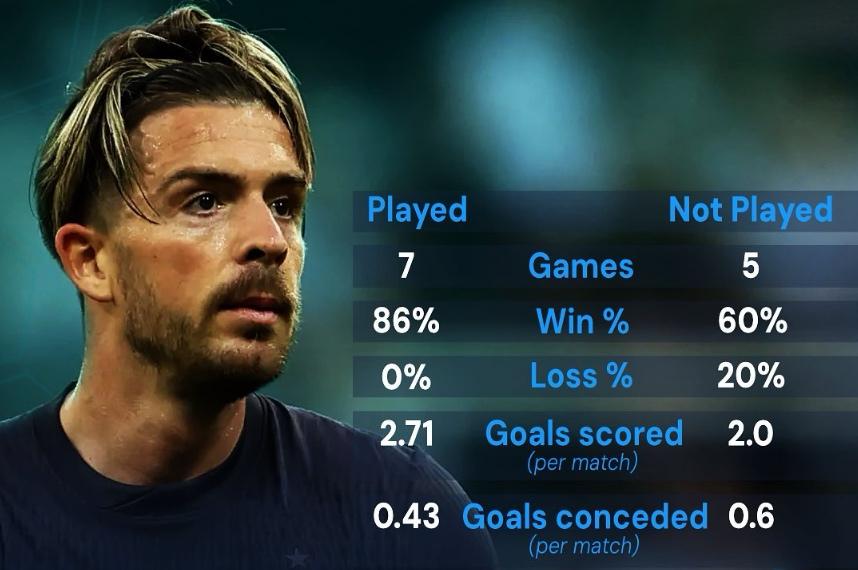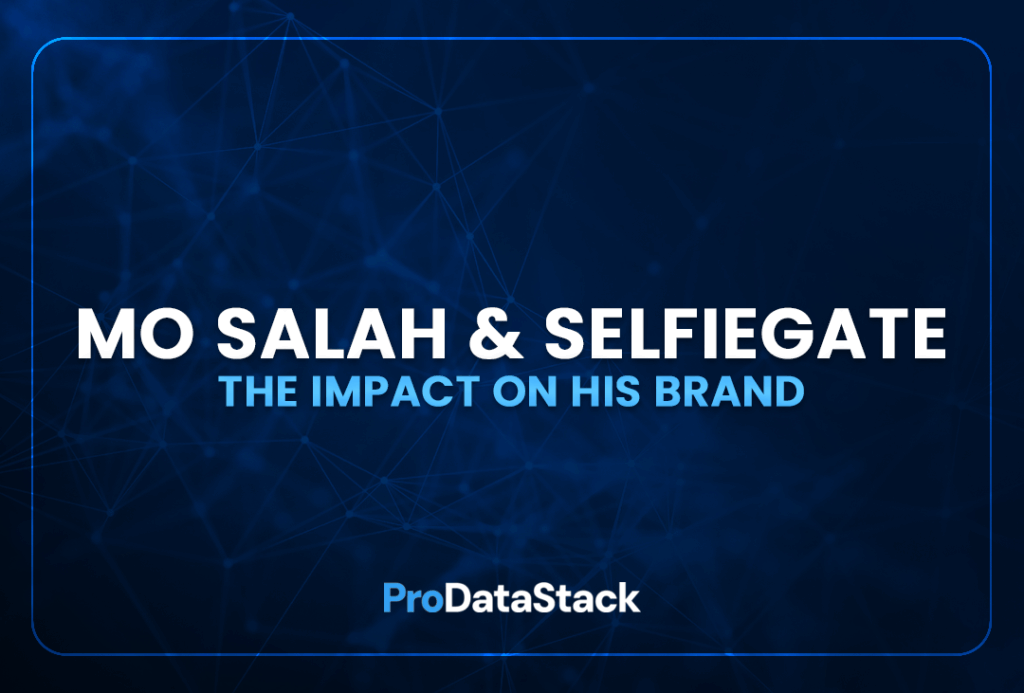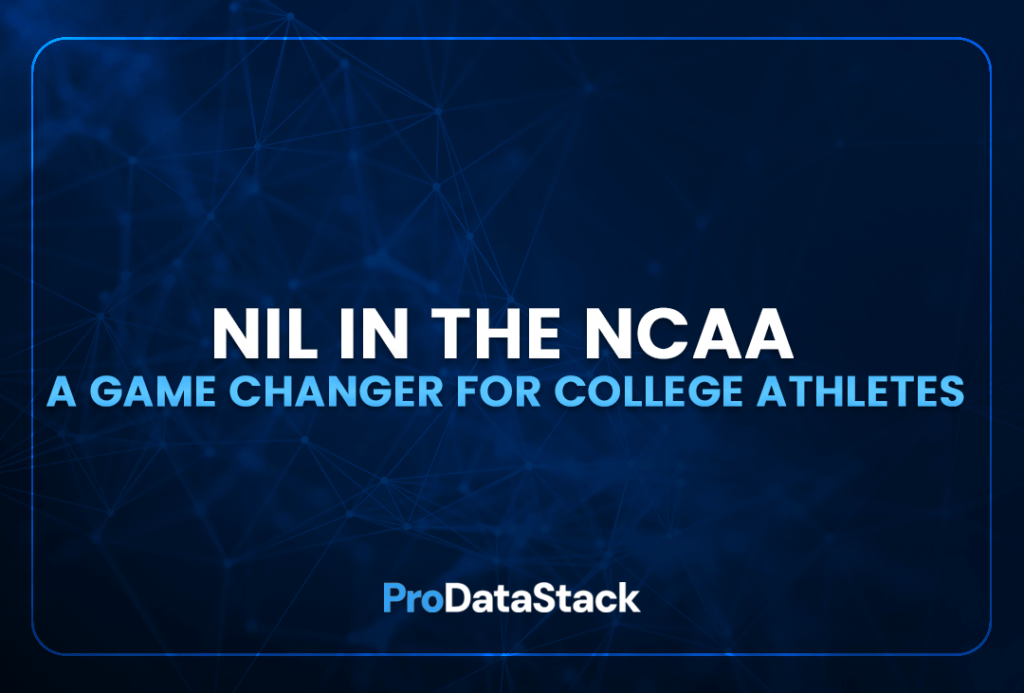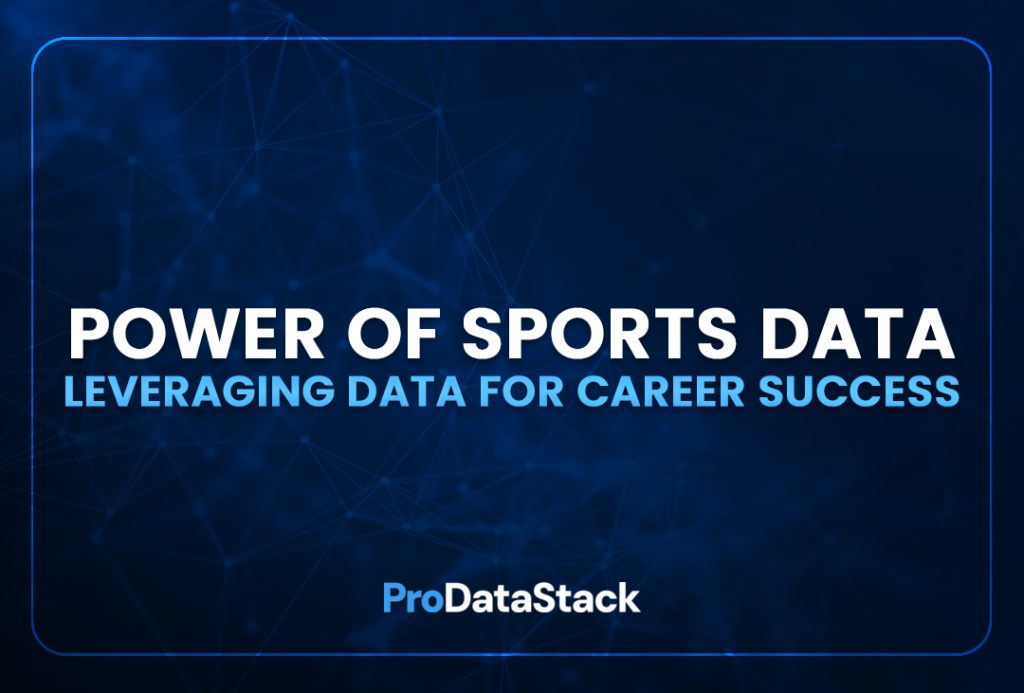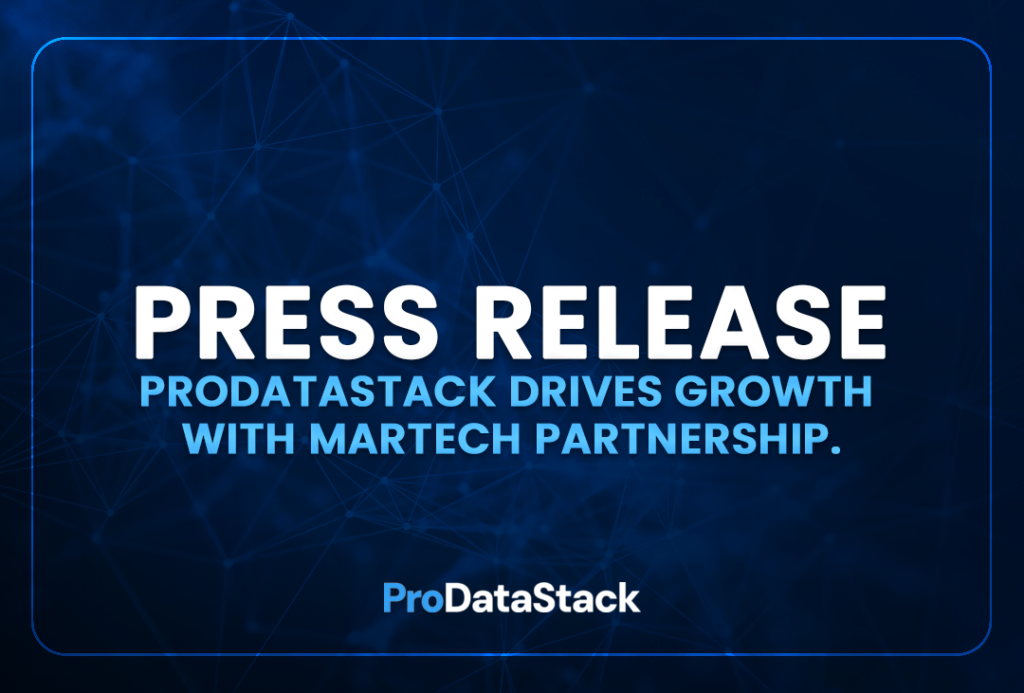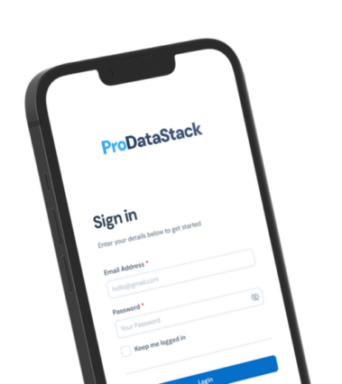Let me start by debunking a huge myth. Data is not the new oil. It’s the new soil.
Data has now become so important – because of its economic value and power – that the soil that plays a foundational role in growth and development, that has the ability to nurture and support ecosystems, is now the hero in this ubiquitous phrase. Why? Because it emphasises the importance of business sustainability, and the growth-oriented aspects of data in fostering innovation and development. And that’s also true with sport data, football data, athlete data, etc.
What is Data in Professional Sports?
And now let’s turn to the role of data in the business of professional sports.
Clubs have been using data since the turn of the century, thanks in part to the famous story of the Oakland A’s manager, Billy Beane. Against all odds, Beane turned a once struggling team into one of the best in the MLB thanks to the use of data in his team selection process. This story was later retold in the 2011 Brad Pitt film, Moneyball, which again catapulted the use of sports data into the headlines
Since then, countless articles have been written about the challenge athletes have when it comes to accessing their data, including this article from Olympian Andrew Steele – there’s even a class action lawsuit, Project Red Card, against the Premier League on this very issue. But in most cases, the lobbying for athletes to have access to data, refers only to their performance data – their on-the-field stats.
So this article, The Untapped Potential of Athletes’ Data by Ray Walia, is my absolute favourite because it goes beyond performance data and looks at other equally valuable and important areas.
And that’s exactly what ProDataStack does. For professional athletes.
Off-the-Field versus On-the-field Data
In the same way clubs have been using performance data since the early 2000’s, they’ve also been using off-the-field data to drive business performance. Whether the objective is to sell more tickets, merchandise, sponsorships or generate more streaming fees, I don’t believe there’s a single club, event, league, or governing body that is not yet using data. Even if they’re at the foundational stage and are tiptoeing around email marketing or viewing their Google Analytics (GA4) stats to decide what articles to post, that’s still representative of data usage to inform decisions and power their marketing.
And they’re using data they source from multiple locations:
- Ticketing systems
- Merchandise provider
- Web forms
- Web analytics
- Social media channels
- Sponsors and media partners
- AI in sports
And that’s exactly what ProDataStack does. In real time.
Why Is Athlete Data Important?
1) Athletes are leaving money on the table. This is demonstrated no better than in Kevin De Bruyne’s now oft-told story of his 2021 renewal of his Manchester City contract – increasing it’s value by 30%….thanks to the use of data.Thank you Gregg Evans for your excellent article on the matter. OK so not everyone is a KdB with his profile and earning potential, that’s why it was great to see Alex Greenwood, also of Manchester City but in the women’s team, deploy the same tactics.
Which leads us to the next point…
2) The gender pay gap is more evident in professional sports than any other industry, yet according to Investec, female athletes can make 10x more from sponsorship than prize money. And what better represents an athlete’s sponsorship potential than their off-the-field data?
And takes us to where we ultimately need to be heading…
3) Athletes are not tracking their value as a sport’s brand, and with Cristiano Ronaldo earning up to $303,900 per social post and generating $176 million in media value for sponsors, it’s an opportunity missed. Even when you don’t have 900 million followers. Because don’t forget, in the world of data, even sports data, quality is more important than quantity.
We’ve given you here three big, bold reasons, for why athletes should be tracking, accessing, and understanding the power of their data. But most importantly, we’ve demonstrated why it’s not just about their performance metrics. Their on-the-field data defines their athletic success, but their off-the-field data contributes to their sports brand value, so what athletes need is equal access to both.
And that’s exactly what ProDataStack does. For the data, for the athlete.
It’s sports business.
If you are an athlete or an athlete agent and would like to know how we do it at ProDataStack, click here or book a demo here.

